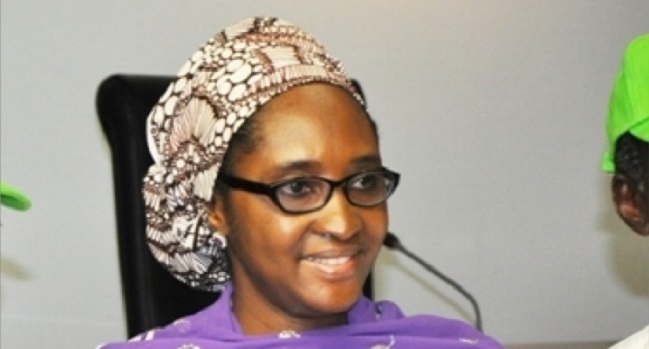Business
Nigeria successfully raises new $2.86b Eurobond at higher interest rates

The Federal Government of Nigeria on Wednesday successfully raised
a new $2.86 billion Eurobond.
The $2.86 billion however came at a higher interest rate, a move that may put more pressure on the country’s debt servicing to revenue ratios.
Analysts are of the belief that the new interest rates may drive rates paid on debts to about 70% of the revenue ratio except government is able to boost its revenue generation.
Nigeria at the moment spends an average of N69 of every N100 revenue servicing debts.
The completion of the Eurobond transaction is coming after Nigeria’s successful engagement with the Fitch rating agency, and their subsequent decision to change the outlook on the country’s sovereign rating from B+ (negative) to B+ (stable), based on improving macro-economic fundamentals.
The new $2.86 borrowing has however pushed Nigeria’s external debt to
$24.9 billion, which is six percent of the country’s Gross Domestic Product.
In the new borrowing, the Federal government sold benchmark-sized dollar bonds maturing in 2025, 2031 and 2049, which is equivalent to a 7-year, 12-year and 30-year bonds, at a price higher than its previous issuance.
It sold January 2049 (the 30-year bonds) at 9.25 percent compared to the 7.625 percent yield achieved on a 30-year bond a year ago.
Read also: National Insurance Commission decries low capital base of Nigerian insurance companies
The federal government also raised a 12-year bond at 8.75 percent
compared with the 7.875 percent achieved on a similar tenor in February and sold the 7-year bond at 7.625 percent.
The proceeds of new borrowing is expected to be used to fund the country’s N9.1 trillion ($29.8 billion) budget, which has a deficit of N2.4 trillion.
The deficit figure may however increased if government’s
ambitious revenue targets set out in the budget are not achieved.
Speaking on the successful completion of transaction, the Minister of Finance, Zainab Ahmed, said: “Nigeria is investing strategically in critical capital projects to bridge our infrastructure deficit, provide a better operating environment for the private sector, and improve the standard of living of our citizens. The proceeds of this issuance will provide critical financing for projects in transportation, power, agriculture, housing, healthcare and education as well as the capital elements of our social investment programmes. Nigeria’s Economic Recovery and Growth plan is delivering results.”
Join the conversation
Support Ripples Nigeria, hold up solutions journalism
Balanced, fearless journalism driven by data comes at huge financial costs.
As a media platform, we hold leadership accountable and will not trade the right to press freedom and free speech for a piece of cake.
If you like what we do, and are ready to uphold solutions journalism, kindly donate to the Ripples Nigeria cause.
Your support would help to ensure that citizens and institutions continue to have free access to credible and reliable information for societal development.
























